Erdogan Conditions Sweden’s NATO Bid on Turkey EU Admission
Finally, a rationale that makes sense.
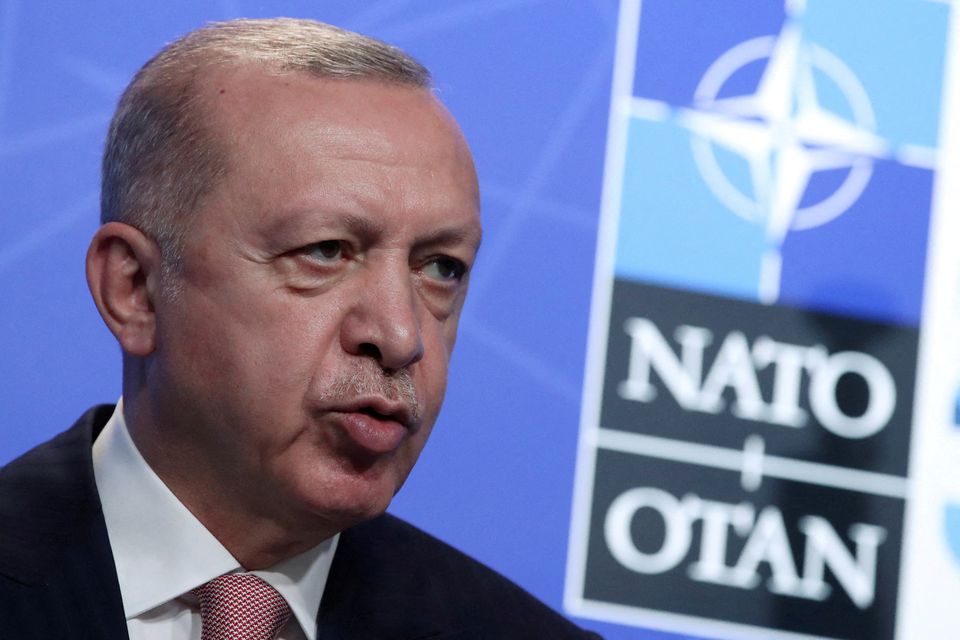
Reuters (“Erdogan links Sweden’s NATO membership to Turkey’s EU accession“):
Turkish President Tayyip Erdogan, in an unexpected move, said on Monday the European Union should open the way for Ankara’s accession to the bloc before Turkey’s parliament approves Sweden’s bid to join the NATO military alliance.
Turkey’s bid to join the EU has been frozen for years after membership talks were launched in 2005 under Erdogan’s first term as prime minister.
The ties between Ankara and members of the bloc soured several years ago, especially after a 2016 failed coup attempt in Turkey, but have since largely improved. The bloc depends on the help of NATO ally Ankara, particularly on migration.
In a surprise change of tack, Erdogan on Monday linked Ankara’s approval of Sweden’s NATO bid to Turkey finally joining the EU.
“I am calling from here on these countries that are making Turkey wait at the door of the European Union for more than 50 years,” Erdogan said, speaking ahead of his departure for the NATO summit in Vilnius.
“First, come and open the way for Turkey at the European Union and then we will open the way for Sweden, just as we did for Finland,” he said, adding that he would repeat his call during the summit.
Sweden and Finland applied for NATO membership last year, abandoning policies of military non-alignment that had lasted through the decades of the Cold War in response to Russia’s invasion of Ukraine.
While Finland’s NATO membership was green-lighted in April, Turkey and Hungary have yet to clear Sweden’s bid. Stockholm has been working to join the bloc at the summit in Vilnius.
Erdogan said Sweden’s accession hinged on the implementation of a deal reached last summer during the alliance’s summit in Madrid, adding that no one should expect compromises from Ankara.
Ankara says Sweden has not done enough against people Turkey sees as terrorists, mainly members of the outlawed Kurdistan Workers Party (PKK) that is considered a terrorist organisation by Turkey, the EU and the United States.
While this seems very much like Erdogan moving the goalposts, this gambit makes a lot more sense than previous claims that he was blocking Sweden’s membership over trivial matters. Turkey likely should be made a member of the EU—although that will require a lot of reforms, including reversing an enormous amount of democratic backsliding under his own tenure. But, even before then, Greek opposition was the main hurdle.

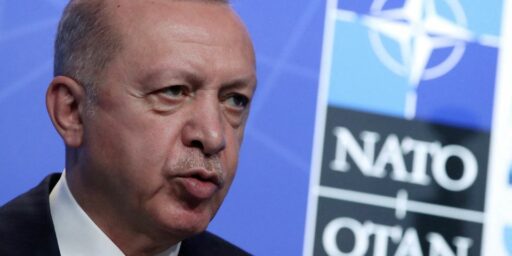
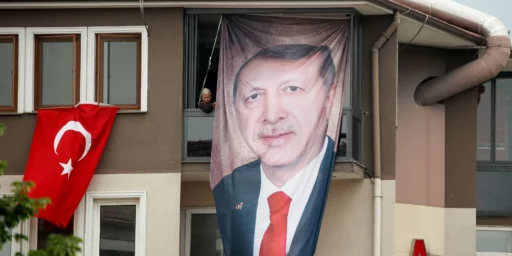
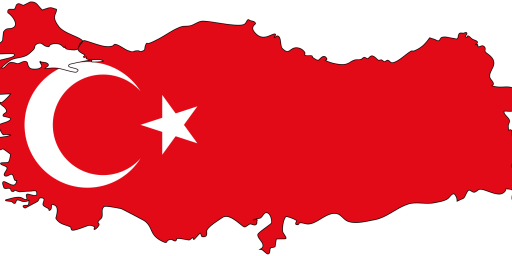
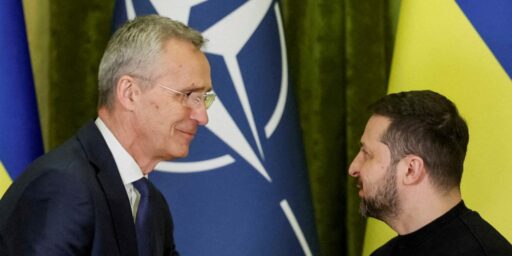
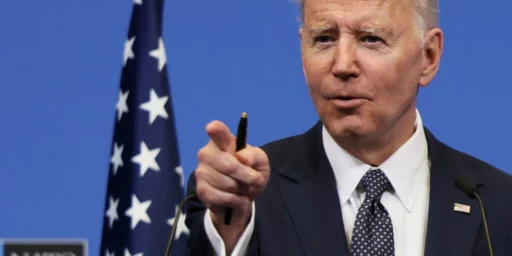
Maybe. Or it may be Erdogan just setting up conditions that he knows won’t be met. He wouldn’t be able to join the EU unless he does significant work towards restoring democracy. And Greece would have to get a satisfactory concession from Turkey before they would vote to allow Turkey’s membership. So my suspicion is that this change in position is really about sidelining the internal pressure he is under to have better relations with the rest of Europe and move away from Russia.
This is a non-starter and Erdogan knows it. No EU country will openly give in to such blatant blackmail.
If this gambit were serious, he would have kept it quiet. (And even then it would have remained a non-starter.)
Erdogan is simply looking to milk this issue a bit more. He either wants to create an unsolvable conflict (which allows him to look strong domestically) or he is looking for different concessions from NATO members, perhaps even the US.
I’ve run across chatter that the US is offering to sell Turkey F-16s in exchange for supporting Sweden. This baffled me, because Turkish Aerospace Industries produced F-16s at least as late as the 1990s (I can’t find info more recent than that).
I can only suppose the program ended later. In any case, Tukey does have a number of F-16s in its air force.
The EU needs to change some of its rules around single country veto power first. The last thing they need is another Hungary.
@Kathy:
Even if Turkey could build F-16s, they would have to be built under license (if that production line still exists).
Turkey is almost certainly not able to produce the advanced electronics that would go into a last-generation F16.
@drj:
I assume they most likely assembled F-16s, with perhaps a few parts made locally. I don’t know how much Turkish Aerospace Industries is involved with avionics and such.
@Argon:
I don’t see how that can work. NATO members pledge to respond militarily to an attack on any member. How can you add that commitment to a country against their will?
@MarkedMan:
EU, not NATO.
The problem with the EU veto issue is that the EU is not a federation.
It’s a confederation of sovereign states that combine in some areas, but go their own way in others (eg defence policy, taxation, education, healthcare etc etc)
Loss of veto power undermines state sovereignty in way of lot of countries find problematic.
Erdogan has to know that this sort of ploy is not going to get very far.
As the UK found in the Brexit negotiations, trying to pressurise the EU tends to backfire massively.
So what does he really want?
Considering the problems the Turkish currency has at the moment, due to Erdogan’s daft populist economic policies, I suspect some sort of credit facility guarantee from the ECB may be what he’s angling for.
Plus maybe something extra on an F-35 deal; and maybe other arms packages.
No details yet, but NATO secretary general, Jens Stoltenberg, says “..that President Erdoğan has agreed to forward the accession protocol for Sweden to the grand national assembly as soon as possible, and work closely with the assembly to ensure ratification.”
Link
I think this still leaves Hungary holding out.
@Kathy:
I suspect Orban has been braced behind the scenes by a message from the EU Council: if you wish to retain any faint hope of receiving those sweet, sweet Euros, best keep it zipped on this matter.
(to the value of 1/42 Hungary’s national budget, IIRC)
It did approve Finland, and I suspect for this reason.
Hungary has kept a low profile on NATO expansion throughout, after a few initial quibbles (=bid for a price); I’d bet it was sat on heavily at that point.
Brussels makes Budapest an offer it can’t afford to refuse.
Most of the press releases I’ve seen have mentioned that Hungary does not intend to be the last to ratify Sweden’s accession. I have not been able to find a Hungarian source stating that, but it’s got as much credibility as Stoltenberg’s statements about Turkey.
Being a member of the EU requires freedom of movement. So let’s look at some numbers. Turkey has 85 million people with a nominal GDP of 11k per person. The EU has 450 million people with a nominal GDP of 40k per person. So if Turkey ascended to the EU, the EU will impoverished itself by half. Strictly on economic terms, it is not going to happen and anyone who thinks so is deluding themselves.
@Raoul: That’s a good point. I would have thought Turkey wealthier than bottom-tier EU members like Romania ($14k) and Bulgaria ($16k) but they’re not.